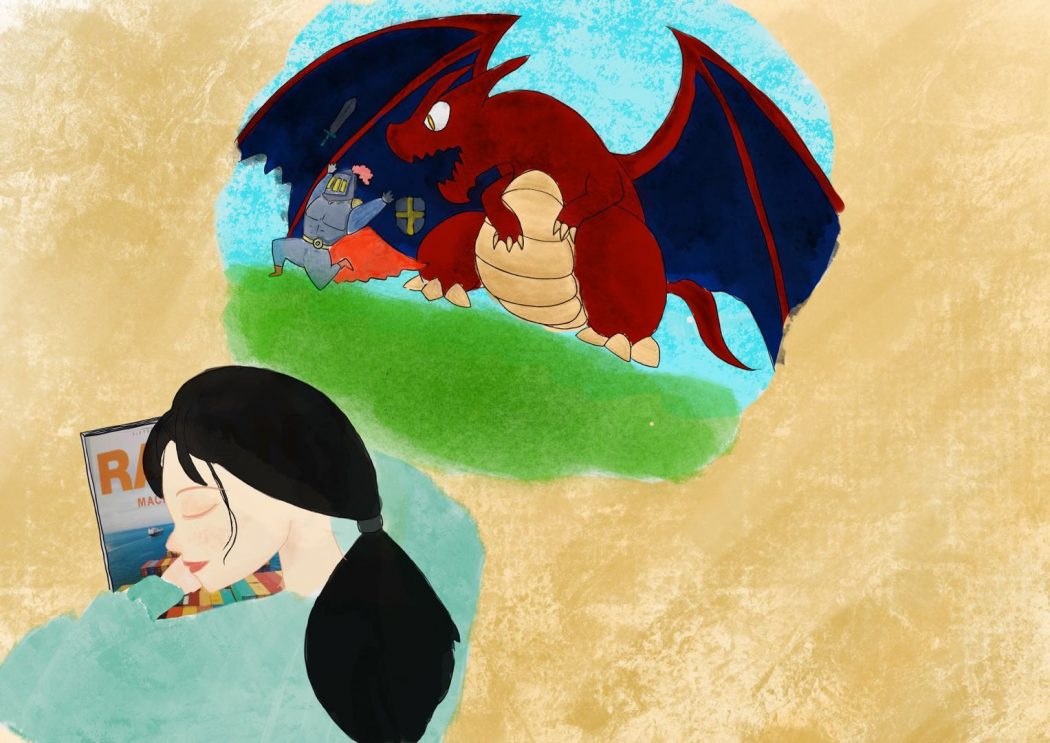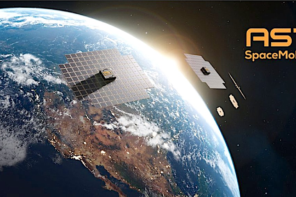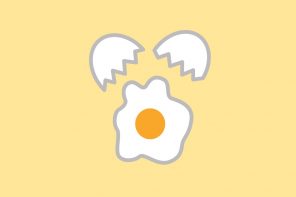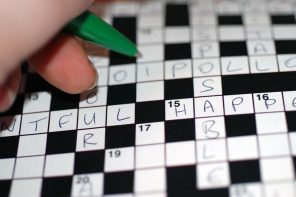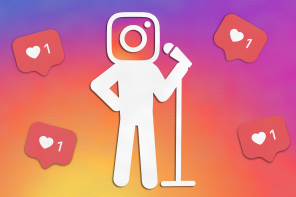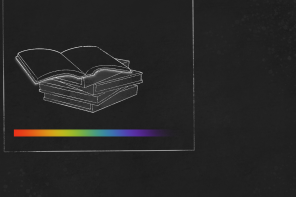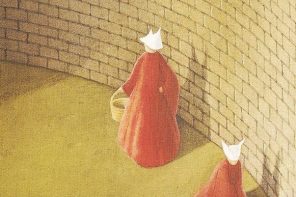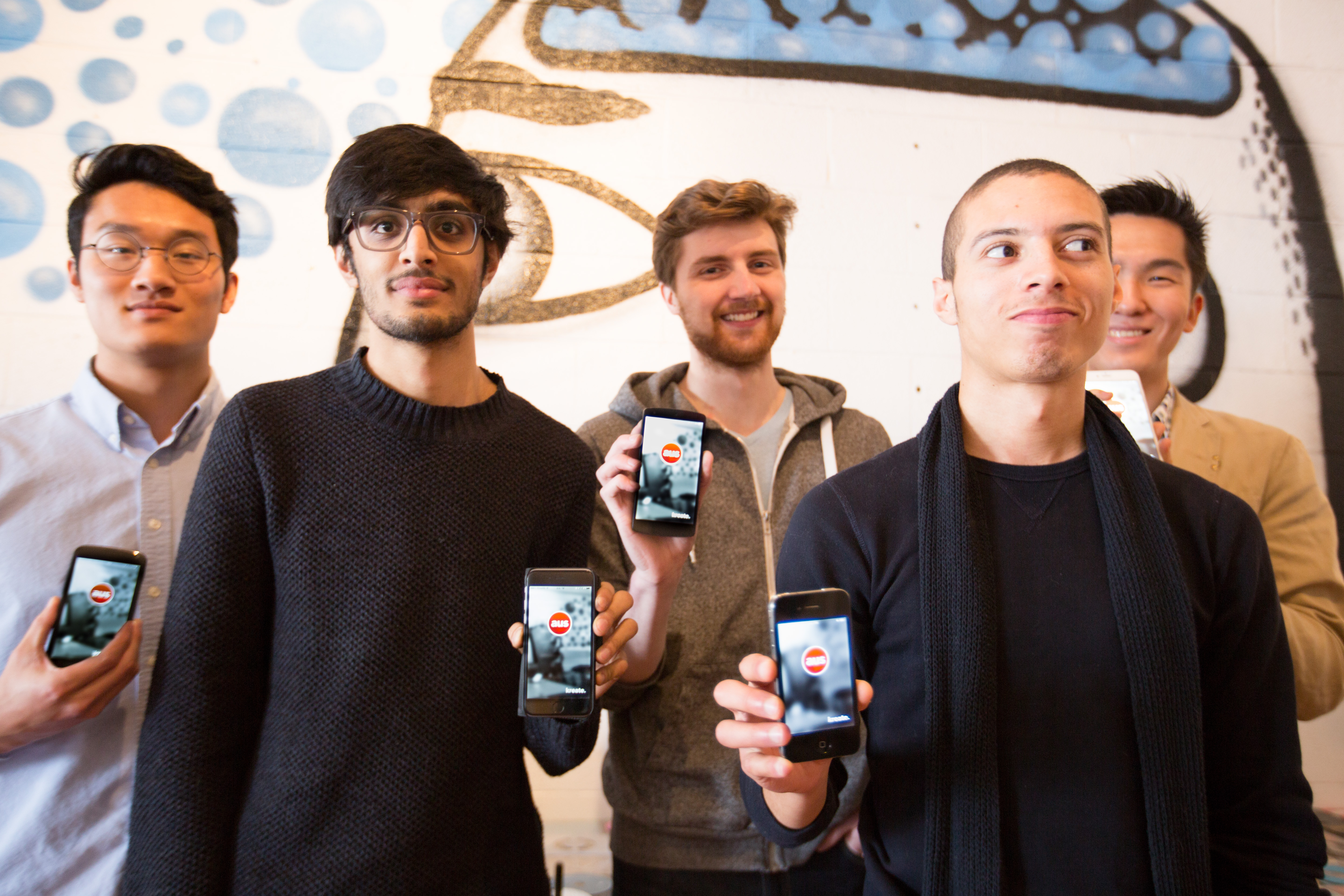The choice is one we’ve all made to arrive here. For some, it may have come easy. For others, however, it may have felt as though by making a decision one would thereby be neglecting other curiosities and interests. Caught between two subject areas, this choice was one that tormented me. Behind each decision there seemed to lie a set of dominoes that, if only nudged, would commence the path to a future version of me, each drastically different from the other. Indeed, the differences between the sciences and humanities appear clear and vast: two different coloured frosh shirts donned by two fundamentally different types of people.
…the skills required and produced in the sciences and the humanities don’t exclude, but reinforce and complement each other.
I’ve realized, however, that choosing one’s faculty at university is supposed to feel agonizing. Although I never intended this year to become an experiment, the base of one presented itself to me, designed to test this conundrum. The U0 Bachelor of Arts program at McGill allows students to develop their own program of study and choose courses from the social sciences, humanities, languages, and math & sciences. In the fall semester, I took two math courses and now, in Winter 2020, I am taking two literature courses.
Many have debated the merits of the sciences versus humanities. Why, however, pit them against each other? My experience with these classes has shifted my focus to the type of abilities and intuitions both areas of disciplines foster. I am now ready to share my unlikely conclusion: the skills required and produced in the sciences and the humanities don’t exclude, but reinforce and complement each other.
In my calculus and algebra courses, I found myself employing logic as well as inductive and deductive reasoning. They required the ability to identify patterns, to see immediately how details can fit into a possible solution. I realized I was exercising these same skills in my literature courses. With each novel we read, there was a problem to solve—sometimes more specific, but often simply: What is this story or the author trying to say? And to answer this question, we had to notice details, identify patterns, and derive their purpose in the novel the same way one might reinterpret mathematical word problems as questions of quantity.
In a close reading, we analyze the text at the level of sentence structure and punctuation. Each decision contributes to the story’s overarching argument, and the reader becomes a proxy for a form of detective, scavenging the pages for clues the author has hidden to be found. In both disciplines, missing a single detail may leave the problem unsolved, or the literary question unanswered.
While stuck arguing over which faculty is more intellectually stimulating or fruitful in terms of career opportunities, we may have failed to see that both the sciences and humanities not only require the same aptitudes, but both disciplines work towards the same goal: a deeper understanding of humanity.
For instance, the line drawn between science, engineering, or humanities blurs in importance when one considers how many of history’s greatest thinkers were polymaths. As author Walter Isaacson writes of the Renaissance man Leonardo Da Vinci, “His interest in squaring the circle as a mathematical problem tied in with his interest in the flow of water tied in with the way he did “Virtruvian Man” or the “Mona Lisa.” Different subject areas may converge not only in the skills they produce, but in the greater truths they unearth.
…after spending several years working toward degrees and maintaining high grades, we want to reap the bounteous rewards of our labor.
Why then, are we so eager to stratify ourselves among the different disciplines? This desire for ultra-specialization early on reveals another problem with contemporary education: the unyielding emphasis on careers as an end-goal. In a recent study, 82% of 2015 graduates researched their field of choice before determining their college major. After spending several years working toward degrees and maintaining high grades, we want to reap the bounteous rewards of our labor. Historian William Cronon notes how our measure of education often comes in the form of lists: lists of required courses, mandatory readings, of the hundred best novels and concepts to learn.
He writes, “It is much easier to itemize the requirements of a curriculum than to describe the qualities of the human beings we would like that curriculum to produce.” Indeed, university seems to also be just another component in the list of things required for a career. What does it truly mean to be educated?
Cronon answers this question with his own list of ten qualities. Completing this list, however, requires more than just going to class. Strikingly simple, yet difficult to foster, they include the ability to listen and hear, to read and understand, to talk with anyone, to empower the people around them, and to see the connections that allow us to make sense of the world. The career becomes the aftermath of it all, the next domino that will naturally fall once we’ve nurtured the qualities needed to nurture our individual talent.
Because subject areas intersect in skill and ambition, we may not be suited for any single discipline, but many.
To use education in service of something other than a job may seem idealistic, especially in this competitive economic world. To abandon a source of financial stability and instead pursue a route that leads to an uncertain future is indeed terrifying. This idea, if not fully embraced, however, still allows us to make sense of ourselves and encourages us to take a portion of our education into our own hands. Because subject areas intersect in skill and ambition, we may not be suited for any single discipline, but many. I’ve realized that faculties aren’t personality tests that can define me fundamentally. Becoming an artist doesn’t prevent us from adopting parallel identities as a scientist, entrepreneur, or chef. On the contrary, connecting the knowledge and skills of these seeming opposites might allow for greater innovations and thought.
This only reminds us that our education is not limited to institutions and itemized lists of course requirements, but it encompasses the time we invest in the curiosities that exist beyond these arbitrary boundaries. Although we may have chosen to dedicate ourselves to one certain discipline among many, we can still explore and venture into the seemingly foreign territory of their intersection.

